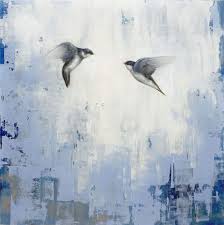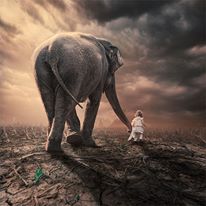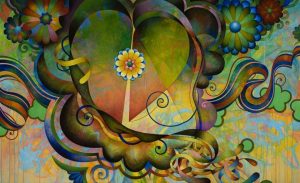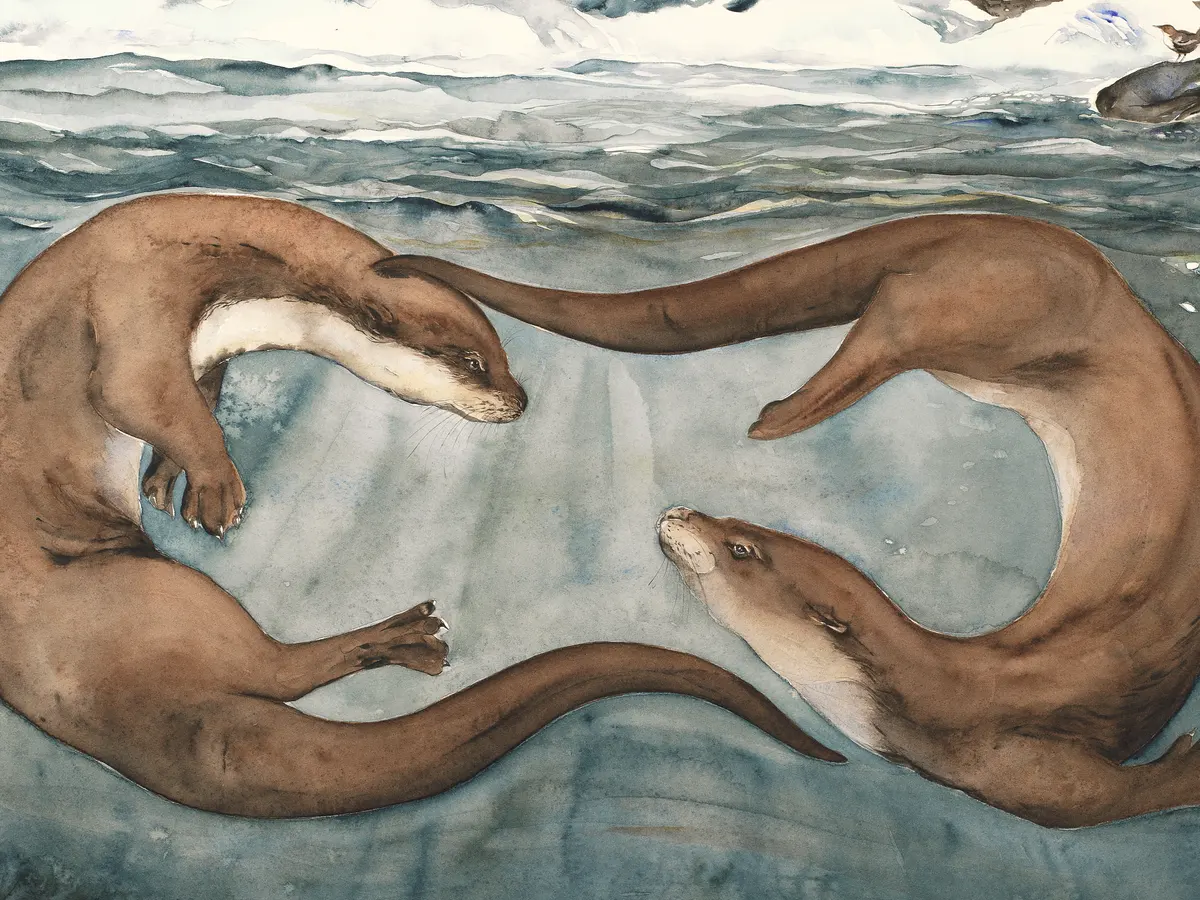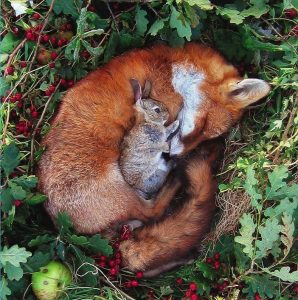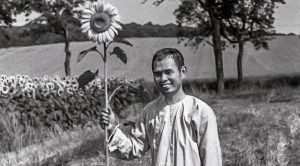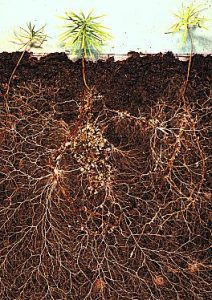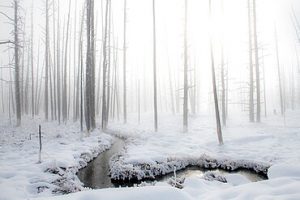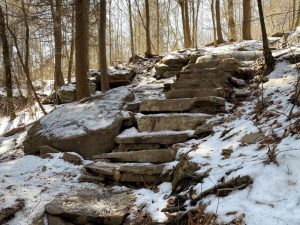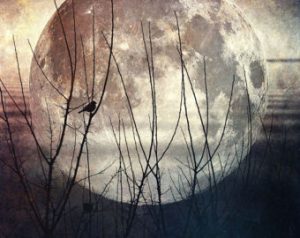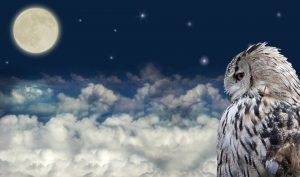 The Yogabliss, Your Heart Life on-line Moving into Meditation classes met this morning. We explored the practice of equanimity as a way of accepting the human condition. It involves feeling the feelings we’d rather turn away from. We began by exploring the qualities of awareness and our ability to narrow and widen our view. We practiced meeting challenging mind states with intimacy and also from the perspective of caring witness.
The Yogabliss, Your Heart Life on-line Moving into Meditation classes met this morning. We explored the practice of equanimity as a way of accepting the human condition. It involves feeling the feelings we’d rather turn away from. We began by exploring the qualities of awareness and our ability to narrow and widen our view. We practiced meeting challenging mind states with intimacy and also from the perspective of caring witness.
Today’s practice was informed by Ajahn Sucitto’s book, Parami, Ways to Cross Life’s Floods. The book outlines ten life affirming practices of: Generosity, Morality, Renunciation, Discernment, Energy, Patience, Truthfulness, Resolve, Kindness, Equanimity.
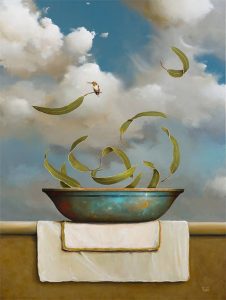 We heard from Zen Master Thich Nhat Hanh’s book Living Buddha, Living Christ. This book explores the shared spiritual values of Buddhism and Christianity. Thich Nhat Hanh encouraged readers to appreciate their spiritual traditions while sharing inspiration to live with compassion. He posed penetrating questions about the true meaning of peace.
We heard from Zen Master Thich Nhat Hanh’s book Living Buddha, Living Christ. This book explores the shared spiritual values of Buddhism and Christianity. Thich Nhat Hanh encouraged readers to appreciate their spiritual traditions while sharing inspiration to live with compassion. He posed penetrating questions about the true meaning of peace.
We drew from Ruth King’s book, Mindful of Race. Ruth is a meditation teacher and racial justice activist. Her Mindful of Race Training Program weaves mindfulness practice with an exploration of our racial conditioning, its impact, and our potential. Her teaching helps make the direct experience of equanimity accessible at times when we need it most.
We heard William Yellow Robe’s poem, Breathe Deeper. William was an actor, author, director, educator, playwright, and poet. He authored over 45 plays centering the Native American experience. He was a citizen of the Fort Peck Assiniboine and Sioux Tribes, until his death on July 19, 2021. Breathe Deeper is a beautiful poem that invites readers to allow the breath to guide us into equanimity. Continue reading

